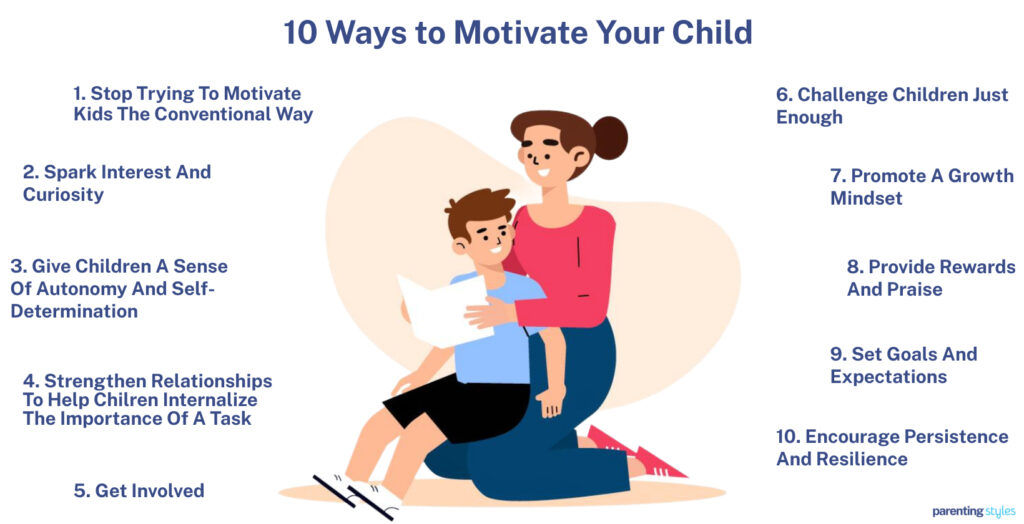
🔑 Rewriting Your Financial Narrative: 10 Techniques to Cultivate a Positive Money Mindset 🔑
Familiar limiting beliefs about money, such as “money is the root of all evil” and “wealthy individuals are greedy,” are pervasive. However, have you ever reflected on how these perspectives shape your financial situation? The reality is that your thoughts and feelings about money profoundly influence your financial choices, opportunities, and accomplishments. If you cling to negative beliefs about money, escaping financial difficulties may seem almost unattainable.
But here’s the encouraging part: Your financial situation does not define you — your mindset does.
Let’s explore how you can recognize and break free from detrimental money beliefs, replacing them with empowering thoughts and actions that promote abundance, achievement, and financial independence.
📌 What Constitutes a Money Mindset?
Your money mindset encompasses your distinct set of beliefs and attitudes regarding money — its function, its significance to you, and how much you believe you’re entitled to. It affects every financial decision you make, from spending and saving to investing and donating.
Individuals with a healthy, abundant mindset about money often think:
– I am capable of reaching my financial aspirations.
– Money is a resource for creating positive experiences.
– I do not need to measure myself against others.
– I dictate how money manifests in my life.
Your beliefs about money influence everything — relationships, careers, mental well-being, and future goals. That’s why it’s crucial to illuminate these underlying beliefs.
🙋 Can You Alter Your Money Mindset?
Definitely. Money beliefs are not fixed — they are acquired. And just as they are acquired, they can be discarded.
Whether your mindset originates from childhood experiences, relationships, or societal influences, you can reshape your beliefs. Programs such as T. Harv Eker’s free course, “Don’t Believe a Thought You Think,” assist individuals in challenging their thoughts and rebuilding from a standpoint of self-empowerment and abundance.
🧠 10 Approaches to Positively Transform Your Money Mindset
Ready to alter your financial narrative? Here are ten effective strategies to realign your financial thinking and foster a mindset that champions wealth and wellness.
1. Release Past Beliefs
You may have inherited financial narratives from your family or community without questioning them. To move ahead, you must be prepared to relinquish those outdated and often detrimental views on money. Acknowledge that if they aren’t serving you, it’s time to let them go.
2. Learn from Your Financial Errors
Everyone has faced financial blunders. The key is to view them not as failures but as learning opportunities. Mistakes can be your greatest instructors — if you allow them. Instead of shame, redirect your focus to the lessons learned and incorporate them into your future.
3. Transition from Scarcity to Abundance
Scarcity convinces you that there’s never enough — whether it’s money, time, or opportunities. Abundance conveys an entirely different message: there’s plenty for everyone. Nurturing an abundance mindset trains your mind to identify opportunities instead of constraints.
4. Cultivate Confidence in Your Worth
Your self-perception influences your financial ambitions. If you believe you’re deserving and capable, you will act as such. Confidence is not just uplifting — it can be financially rewarding. Trust in your abilities, worth, and your capacity to create wealth.
5. Discontinue Comparisons to Others
Comparisons divert your focus from your own purpose and progress. Social media can heighten self-doubt, but remember: someone else’s achievements do not diminish your own. Concentrate on your path. Measure your growth by your individual journey.
6. Trust in Your Potential for Achievement
Success begins with belief. Even if the road ahead appears challenging, have faith in your ability to overcome, grow, and succeed. Your mindset can determine whether you persevere or surrender.
7. “Fake It Till You Make It”
Initially, adopting new financial habits may feel unfamiliar. That’s because you’re in the process of changing a pattern. Continue practicing positive habits and beliefs — ultimately, they will become second nature.
8. Set Ambitious, Future-Oriented Goals
Don’t limit yourself to goals based on your current situation. Envision your most successful future self and craft your goals around that ideal. Whether it involves eliminating debt, starting a business, or increasing savings, push yourself beyond your comfort zone.
9. Embrace Daily Appreciation
Gratitude is transformative. Even in challenging times, finding something to appreciate can rewire your brain for positivity and enhance resilience. Gratitude allows you to notice the positives, not solely the deficiencies.
10. Remain Dedicated
Change requires time, repetition, and commitment. Commitment involves persisting when progress appears gradual. It’s about staying aligned with your future vision, even when your present circumstances don’t yet reflect it.
🧭 Redefining the Purpose of Money
Here’s
